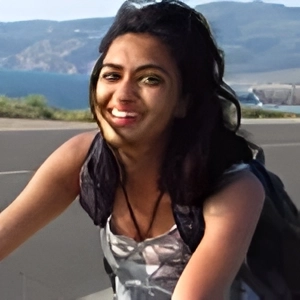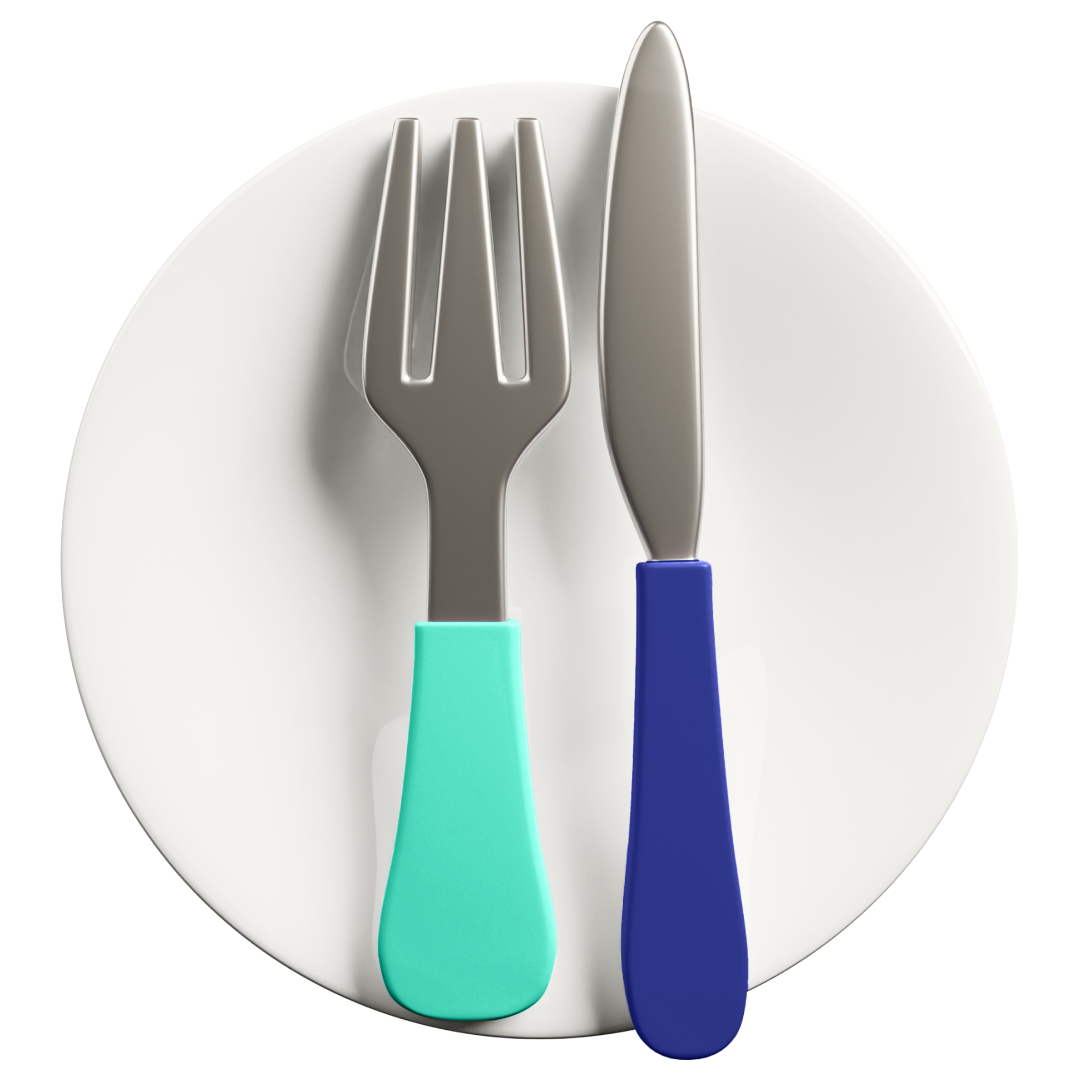When I arrived at the lobby of the Hilton Prague Old Town and declared myself to be enrolled in the Zinc Culinary Master Class, I was swiftly and courteously directed to the hotel’s food and beverage manager, who greeted me with a smile and a chilled glass of prosecco. It was 11:30 on a Saturday morning, and already it seemed that this four-hour gourmet cooking class was off to a very agreeable start.
When all 10 students were present (12 is the class limit), we followed executive chef Ari Munandar and sous chef Chaiyasith Lam Srichom through a long narrow hallway that would lead us into their universe of gourmet cuisine. As we entered their sacred space, we were adorned with a chef’s hat and a black Zinc Restaurant apron. Now we were truly one of them.

Since we were to be preparing a three-course Thai menu that day, it felt appropriate that the kitchen was nice and steamy, like the tropical weather that might be expected in Thailand. In fact, Munandar hails from Thailand and opened the class with a thorough explanation (in English, although both chefs can speak Czech as well) of the gorgeous spread of exotic ingredients (all Thai) that awaited on the massive stainless steel counter. What is most important, he pointed out, is that all of the ingredients we would use to create the menu are to be found in Prague—either at SAPA (the Vietnamese wholesale market in Prague 4, Libuš), another Vietnamese market in Prague 10 or in the international aisle of Tesco. Srichom, the sous chef, is from Indonesia and admitted his obsession with the sweet soy sauce that he could not cook, or live, without. The sauce, a simple inexpensive bottle which can be found at Tesco, is a very common ingredient in Indonesian cuisine as well.
I discovered what fresh-raw peppercorn tastes and looks like while still clustered along the branch on which it grows. I crunched into the light bitterness of Thai eggplant, a small, pale green globe reminiscent of a baby watermelon. I inhaled the intense sweetness of Thai basil and subtle strength of galangal. What was incredible (and in a way disappointing) was the fact that all of these ingredients had been available fro me to buy in Prague the entire time I had been here – just another reason to take a cooking class in Prague, aside from the freely flowing Moravian muscat, new knife techniques and delectable recipes.

Once we had all sniffed, prodded and chewed on the assortment of Thai ingredients, the class was divided in two, half of us sidling up to Munandar for seafood slicing assignments for a Thai seafood salad, and the other half gathering around Srichom to learn the secrets of lime and lemongrass dressing for this starter salad. With every step that was taken, clear explanations were given, and any questions from students were immediately and expertly answered. Not only did I learn the delicate technique of scoring squid, but I also learned that the words ‘squid’ and ‘tempura’ can be used interchangeably—a common confusion that all the students seemed glad to finally clear up.
The class was brought back together to observe Srichom prepare the jasmine rice for cooking, both in a rice cooker and regular cooking pot. Then, it was the moment we had all secretly been waiting for (or at least I had)–the duck roasting. Like any good television cooking show host, Munandar presented us with two roasting pans—one with an already dressed duck and one that was to be used for class demonstration. Munandar proceeded to stuff the demo duck with mandarin peel, aniseed and cinnamon and then, to Srichom’s delight, freely poured sweet soy sauce over the entire duck.
At this point, it was time for a short break. We had been watching the chefs slaving over a hot stove as we sipped on cool muscat and fiddled with our paper hats, and we fully deserved our snack of marinated lobster tail and shrimp crackers. Meanwhile, the ducks were happily roasting in the convection oven, the rice was perfectly steamed (no salt, no butter), and we had properly attacked our olfactory nerves and taste buds with over a dozen new scents and flavors in under two hours.

I grabbed a last shrimp cracker as the chefs herded us into the pastry chef’s sugar-scented corner kitchen for a lesson in the art of meringue. But this was not your ordinary meringue—in keeping with the Thai theme for the day, the pastry chef poured in a dollop of what looked like green food coloring but was actually pandan (a plant common in southeast Asia) essence. Six minutes in an oven transforms meringue into a pavlova, a Russian dessert, that the pastry chef proceeded to roll up into a mint green roulade, with coconut cream and fresh berries tumbled together within. For this portion of the class, we stood around and watched the magic happen but did not participate. Many questions were asked and answered about this process which took barely 20 minutes.
Back in the main kitchen, I found myself volunteering to stir the curry sauce that was to be the base of the main course: roast duck in lychee and pineapple curry. I felt like a witch stirring her bubbling cauldron of Thai brew—in went a hearty glob of red curry paste to fry in oil and release a smell that I couldn’t stop myself from inhaling. This was followed by three liters of 100 percent coconut milk, several handfuls of whole spices like lemongrass and kaffir lime leaves, chopped garlic and shallots. As I stirred the enormous pot of sauce, I had to keep reminding myself that I was making enough for ten portions, not just three or four. Munandar had to finally wake me from my stir hypnosis, saying that it was enough for now.
When the ducks came out of the oven, we swarmed around the chefs like hungry kids impatiently awaiting mommy to prepare our favorite after school snack. The initial bite into the tender meat was enough to know that this was the best version of roasted duck I’d ever had. It still remained for the duck to be deboned, stripped into small pieces and cooked into the curry sauce, along with the lychee, pineapple and fish sauce. As a nice touch the dish was to be completed and served back to us. We were ushered, without hat and apron, out of the kitchen and into the dimly lit restaurant to dig into the results of our seafood salad starter, accompanied by an incredible Moravian Riesling. Everyone agreed that the salad was perfectly light for summer weather and the combination of subtle and robust flavors was fascinating to the palate. Up and down the long table, we nodded our heads, mouths full and eyes growing wider with each bite. I ended up almost ignoring the wine until I had just about finished the salad, so addicted was I to the soft and juicy prawns, the heavenly scallops and the perfectly chewy squid—which I happily remembered I had scored.

As we licked the lemongrass and lime dressing from our forks, a waiter came around to pour a pinot noir into a second wine glass that I suddenly realized was second in a cluster of three beside each of our plates. Then, the main attraction arrived—my curry sauce was luxuriously poured all over a beautiful pile of jasmine rice, and had inherited lychees, pineapple chunks and pinkish-brown strips of duck since I had last stirred it. The unanimous conclusion was that the combination of ingredients was wonderfully effective. For those who wanted the curry with some extra kick (the curry was made mild for the general crowd), Munandar promptly served up little plates with lovely slices of fresh red chili and a twig of fresh peppercorn that could have just been plucked from a tree growing in the kitchen. I stuck mostly to the peppercorn, but threw in a chili slice a couple times as well, and the dish was boosted to absolute heaven. I responded to the call for seconds without hesitation. Again, I barely sipped on my pinot noir as I was too busy investigating the balance of flavors in the curry sauce I had by now decided to call my own.
So by the time dessert arrived, I was both full and crowded by a three-wine-glass-pile-up, the third being a heavily sweet Hungarian Tokaj. I preferred to stick to the sweetness of the roulade, which also had an intensive amount of sugar, with an extra crust of sugar glazed atop the meringue in the last step. Not being extremely keen on sweets, I would have actually taken a third serving of the curry and rice, but the cart had already been whisked away. With my first bite of the roulade, the chefs suddenly appeared by my side, asking me how I thought it was; apparently my expression had revealed exactly how I thought it was. It wasn’t that I had experienced a sugar shock, but I did ask if the crust of caramelized sugar atop the roulade could be left out, and both chefs responded affirmatively with understanding nods.
As I stabbed at the berries rolling around the roulade, a mini-graduation ceremony was commencing, during which each student received a scrolled certificate of participation in the Zinc Master Class along with a nicely packed gift bag. The best part of the gift bag was a little plastic baggie of lemongrass, galangal, Thai ginger, red curry paste and chili so that we could replicate the duck curry at home.
Cooking classes options around town:
If you are interested in discovering the provocative flavors of Thai cuisine, you can sign up for a Zinc Master Class at the Hilton Prague Old Town. The next classes will be held on September 25 and November 27, 2010, from 10.30 am to 3.30 pm.
Want to perfect your grilling technique for summer BBQs? Take a class at the Intercontinental Hotel’s Zlata Praha Restaurant . The cooking show held on the hotel’s rooftop terrace, is put on by Jan Horky, a 2007/2008 winner of Chef of the Year in the Czech Republic and Executive Chef Miroslav Kubec.
The Radisson Blu Alcron Hotel also host “grilling on the terrace” summer cooking class with executive chef Roman Paulus, but also offers a monthly cooking class based on various cuisines, including Mediterranean, Austrian and French. If you have little ones who already love the kitchen, the hotel offers cooking classes for children as well.
You can get busy in the kitchen every Monday at Auberge de Provence Cooking Academy , where Lars Sjöstrand, Chef Maitre de Cuisine (Kampa Park, Barock, Hotel Jalta, Bellagio Hotel), instructs both beginners and advanced level classes in a variety of different world cuisines.
To learn more about traditional Czech dishes, consider cooking courses from Ola Kala .
Chefparade offers culinary team-building and private parties for corporate clients in the school’s own kitchen or at the client’s choice of location.
If Southeast Asian cuisine matches your taste, consider classes by Shahaf Shabtay in Sasazu.
Private chef Michael Corkery can enlighten you in the ways of French and Italian cuisine, with lessons conducted in the client’s own kitchen.












 Reading time: 8 minutes
Reading time: 8 minutes 
























